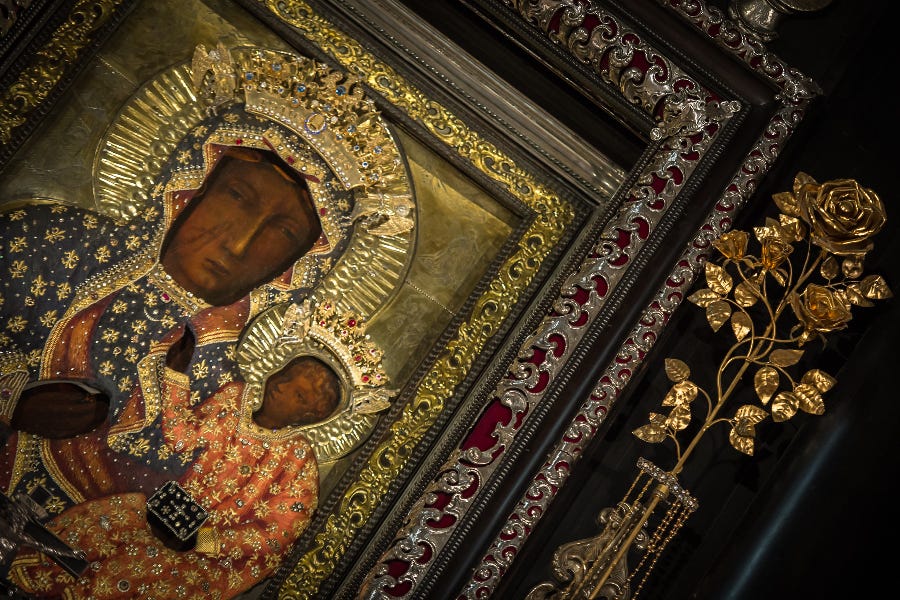Catholics join battle for Poland's pro-life laws
The new government has promised abortion on demand, but Catholic leaders are rallying
A Catholic medical association appealed to Poland’s new prime minister Sunday to abandon plans to introduce abortion on demand up to 12 weeks of pregnancy.

In a Feb. 4 message addressed to Donald Tusk, who took office in December 2023, the Ca…
